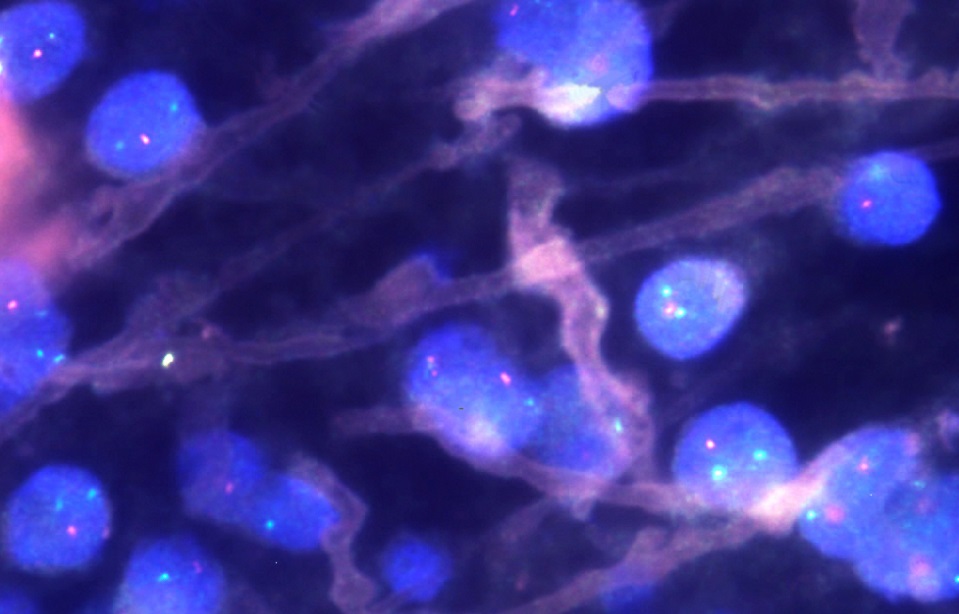
Brain UK study ref: 16/002,
Lay summary,
Project status: Active
Multi-platform analysis of TSC Subependymal Giant Cell Astrocytoma (SEGA) to identify novel therapeutic approaches
Dr Eleonora Aronica and Dr Angelika Mühlebner, Academic Medical Centre, Amsterdam, Netherlands
Tuberous Sclerosis Complex (TSC). TSC is a genetic disease which causes multiple tumours within the body. Heart, brain, kidney, skin and lung can be affected. Subependymal giant cell astrocytoma (SEGA) are benign tumours. These grow slowly but constantly in brains of the patients. In children they are one of the more common causes of complications associated with the disease. This leads to brain swelling (increased intracranial pressure) and all associated risks. The treatment of the tumour usually means surgery or medication with socalled mTOR-inhibitors. These are specific types of medications targeting the mTOR complex which is the main affected protein complex in TSC. However, little is known about how these tumours grow and why some of them are more responsive to medication than others. Therefore, we use a battery of modern techniques to gain insights in the development of these tumours and unravel novel therapy strategies.
